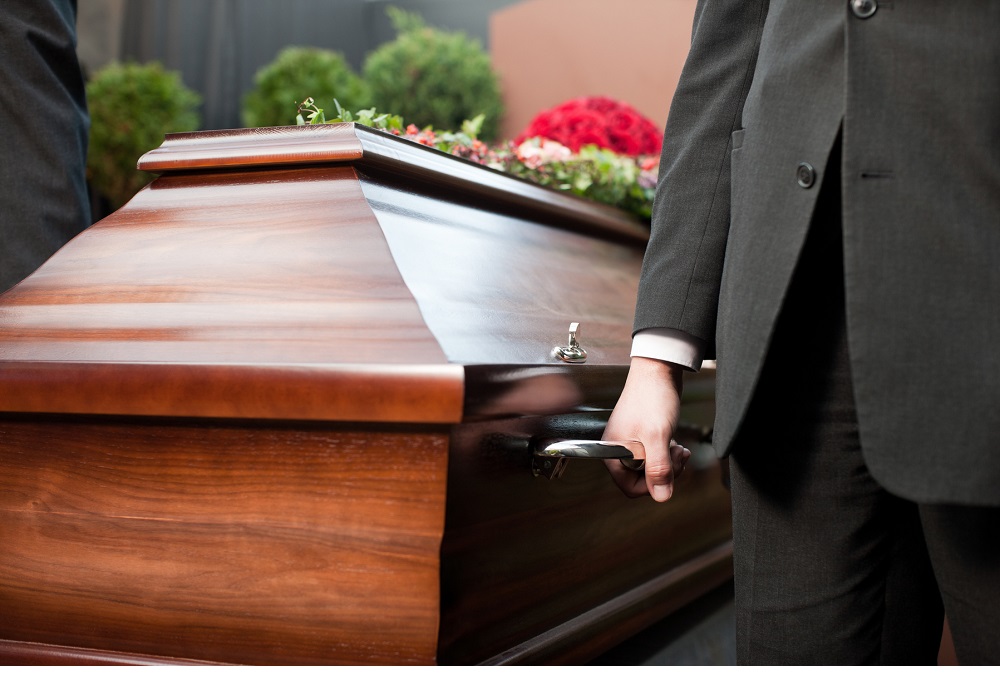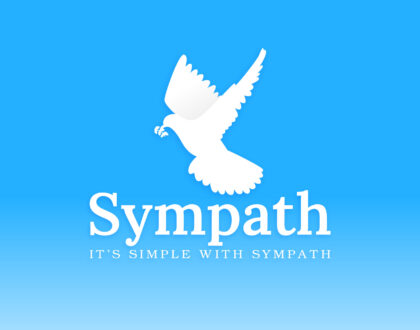Types of Funeral Services

Planning for the future, especially in the event of your death, seems to be a task that’s difficult to take on. Plus, you may worry about the state of your family after you’re gone. Nonetheless, funeral planning can give you some peace of mind in knowing that your family won’t be burdened by the details of a funeral service. They are already lined out, and a designated funeral director would carry out your wishes. Regardless, you don’t have to have every single detail planned. Learning about the various types of funeral services available helps with making any important decisions. Here is more information to help you make an informed choice.
What are the Different Types of Funerals?
Traditional Funeral
“Traditional” is the term often coined by funeral directors and refers to a “full-service” funeral. This type of service can span over the course of multiple days (or even just one or two, depending on the family’s wishes). The first part, known as the viewing or visitation, involves the deceased laying in state either in the funeral chapel or at another location such as a place of worship or some other significant building where family and friends can pay their respects. Thereafter, the formal funeral service takes place where the eulogy is given. This event can also consist of a religious ceremony or a simple memorial. From there an entombment or burial takes place. The expenses that are involved with the traditional funeral service include:
- Embalming and dressing the body
- Rental of the funeral chapel for the viewing and/or service
- Use of a hearse or other vehicles to transport the casket and/or family members
This plan is one of the more expensive options.
Graveside or Committal Funeral Service
One other option is a graveside service also known as a committal service. This type of service either concludes a memorial service that has taken place at the funeral home or at a place of worship, or it serves as the funeral itself. The family and friends of the deceased go directly to the gravesite at the cemetery. An officiant presides over the service, and a eulogy is given. Music might also be provided. However, a graveside service tends to be shorter.
Direct Burial
A direct burial, unlike the previously mentioned choices, doesn’t involve a funeral service of any kind or a visitation. In other words, the deceased is buried right away. Although the body is prepared, it is not embalmed, and it is placed in a simple box but not a casket. All other measures are kept at a minimum. Therefore, this option does not cost as much as the traditional or graveside service.
Direct Cremation
Similar to the direct burial, a direct cremation occurs soon after death. Another shared aspect with the direct burial is that this option may be ideal for a person whose last wishes involve maintaining privacy for the family or to save loved ones the time and expense required for a traditional or graveside service. Also, the family can plan and schedule a funeral service after the direct cremation has taken place. There is no funeral service or even a graveside eulogy. Burial occurs upon the arrival of the ashes of the deceased, and the ashes are kept in a cardboard box instead of an urn.
Which Funeral Type is Right for You?
One way to approach this decision would be to talk to your immediately and/or closest friends—anyone who might oversee making the arrangements. Also, prior to having that conversation, you might think about your own preferences, your religious practices if applicable. Otherwise, there is a Humanist option for a traditional or graveside funeral service. You can also incorporate any family traditions that you might want to uphold, and the budgetary forecast. While planning ahead may not guarantee that everything goes according to schedule and expectations, the choice of having a plan might prove to be helpful for your family.
Recommended Posts

ComparetheCoffin.com are pleased to announce a new Partnership with Sympath Funerals
December 5, 2022

10 Ways to Personalize a Funeral
March 3, 2021
